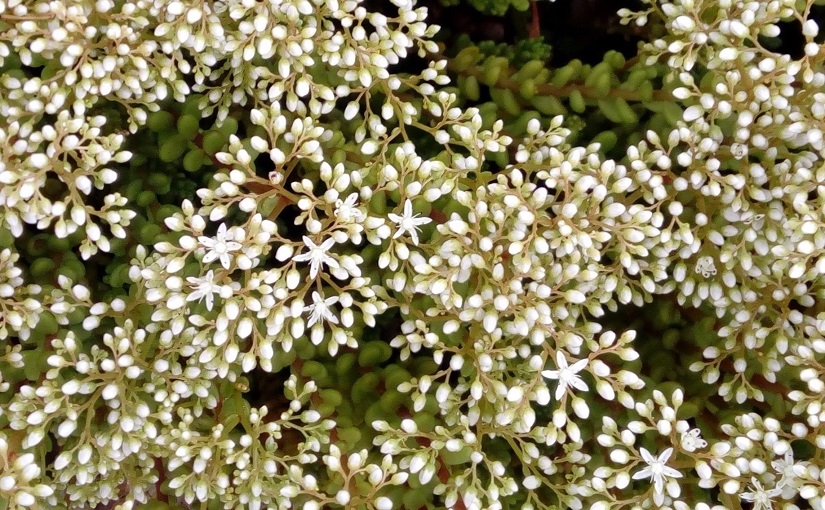Is there any limit to how much we’re after? Any point at which we’ll feel we have enough? It sometimes seems seen as a sign of undeserved constraint: that we “should” be able to have more and, capacity somehow being aligned with worth, we’re worth less if we have less.
The insidious voice of industries built on such thinking’s surely crept into our minds over the years: all these adverts insisting we need something else to be enough. That is what it is, but as a psychological message it can’t help us much.
What is that feeling of needing something to complete us? It must be a form of dependency, of placing some part of ourselves outside our self then feeling we need it. It’s strange to think how much the West might be built upon everyone not being enough on their own.
Is that what this is? A psychological misdirection where we’re seeking our worth in material goods? Because, beyond meeting essential needs, there’s clearly this vast grey area of insecurity where money can be made. Once we’ve conceded to being incomplete in and of ourselves, we must be ripe for many kinds of exploitation.
It’s an interesting picture, the way human physical and psychological needs are woven into society. We’ve clearly developed systems with some degree of fit: our essential and non-essential needs dovetailing neatly into this world of commerce. The need for meaning, belonging and worth finding a place in the arguably economic narratives of media and culture (Notes One).
Because, truly, once you’ve accepted the idea of not being enough, where can you go from there? Won’t you find yourself in some perpetual search for wholeness? Seeking relief from the uncertainty of needing something we lack by looking to relationships, objects, substances, anything that’s able to plug this gap.
That kind of psychological wound presumably does create an insatiable need for resolution. If we’re constantly told we need one thing or another to keep up, fit in and be a valid part of the human community, how are we going to feel?
The idea of our lives holding meaning, finding recognition and respect in the eyes of others may be our most essential need. This desire in our psyche for belonging and worth, not as a luxury but a foundation for knowing who we are as humans (Notes Two).
It must tie into Schumacher’s comments on how “the modern economy is propelled by a frenzy of greed and indulges in an orgy of envy” – this sense in which tapping into the psyche is incredibly profitable but equally concerning when it comes to peace, harmonious coexistence, or overall sustainability (Note Three).
It’s perhaps easy to blame people for being short-sighted to the destructiveness of this way of living, but when our essential needs are so skilfully twisted into this never-ending need for the next thing it’s interesting to ask where such wounds come from and why others might think it wise to play upon them this way.
Notes and References:
Note 1: Language and values
Note 1: Cycles of mind & matter
Note 1: Economics & the realm of culture
Note 2: This thing called love
Note 2: What it is to be human
Note 2: Absolute or relative value
Note 3: “Small is Beautiful”

